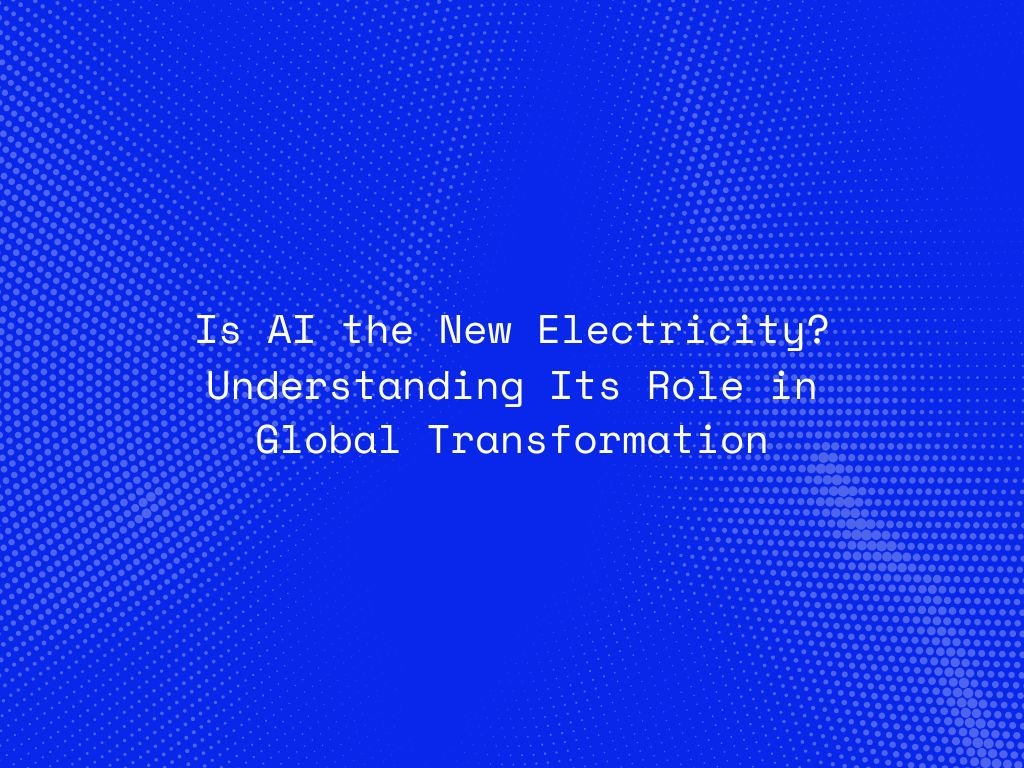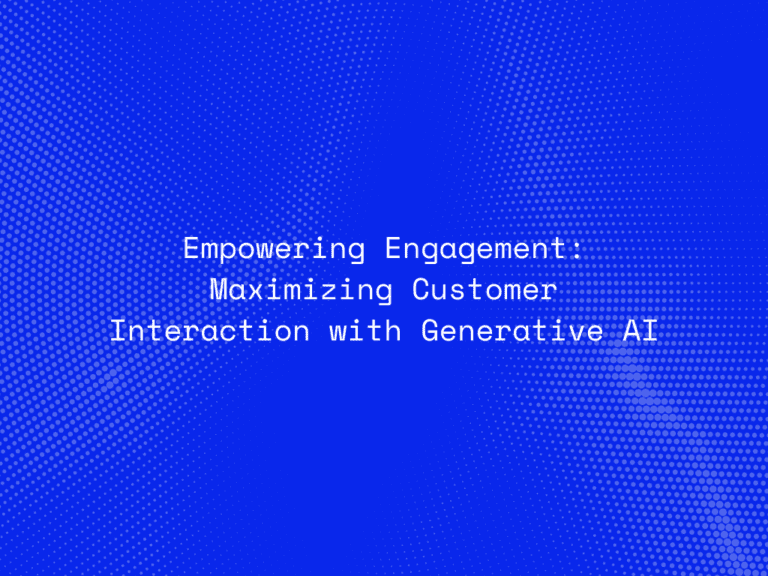When electricity was first harnessed in the 19th century, it transformed every aspect of human life—industry, transportation, communication, and even daily living. Today, artificial intelligence (AI) is often compared to electricity, with many experts claiming it will have a similar, if not greater, impact on the world. But is AI truly the “new electricity”? To answer this, we need to explore how AI is driving global transformation across industries, societies, and economies.
AI as the Foundation of Modern Innovation
Electricity became indispensable because it served as the backbone of innovation—powering machines, factories, homes, and cities. Similarly, AI is fast becoming the underlying technology that fuels modern innovation. From recommendation engines in e-commerce to predictive analytics in healthcare, AI is no longer a niche capability but an essential enabler of progress.
Unlike electricity, which provided raw power, AI delivers cognitive power. It allows machines to learn, reason, and make decisions, amplifying human intelligence and extending capabilities in ways once unimaginable.
The Global Transformation Driven by AI
1. Industry and Automation
AI is revolutionizing industries with automation and efficiency. Factories are shifting toward autonomous operations, where machines self-optimize production. In logistics, AI ensures seamless supply chain management with predictive demand forecasting.
2. Healthcare Advancements
AI has already proven itself in diagnostics, drug discovery, and patient care. By analyzing vast datasets, AI systems identify patterns humans often miss, leading to earlier disease detection and more effective treatments.
3. Smart Cities and Infrastructure
Cities of the future are being built with AI at their core. Traffic systems that reduce congestion, energy grids that self-balance, and predictive maintenance for public infrastructure all rely on intelligent systems.
4. Finance and Global Markets
From algorithmic trading to fraud detection, AI is reshaping global financial systems. Its predictive models enhance risk assessment, enabling smarter investments and protecting economies against volatility.
5. Education and Workforce Transformation
AI is personalizing learning experiences, helping educators design adaptive curricula, and preparing the workforce for a rapidly changing job landscape. At the same time, it challenges societies to reskill and upskill workers displaced by automation.

AI’s Reach Beyond Electricity
While the electricity analogy helps us understand AI’s transformative potential, there is a key difference: electricity provided energy uniformly, while AI adapts, learns, and evolves. Its ability to make decisions and influence human behavior places it in a category beyond mere infrastructure—it becomes a partner in progress.
Moreover, AI’s global impact is accelerated by digital connectivity. Unlike electricity, which took decades to reach every corner of the world, AI technologies are scaling at an unprecedented pace through cloud platforms and open-source ecosystems.
Challenges and Ethical Considerations
With great power comes great responsibility. As AI permeates every sector, concerns about privacy, accountability, and bias become more critical. Just as the electrification era required regulations for safety and accessibility, the AI era demands governance frameworks that ensure fairness, transparency, and security.
Another challenge lies in the unequal distribution of AI benefits. While developed nations accelerate adoption, many regions risk being left behind, deepening the global digital divide. Addressing this imbalance will be crucial if AI is to truly mirror electricity’s universal impact.
Conclusion
AI is not just the new electricity—it is the cognitive infrastructure of the 21st century. By driving automation, enabling innovation, and transforming economies, it is becoming the lifeblood of global progress. Yet, unlike electricity, AI comes with ethical complexities that require thoughtful regulation and global collaboration.
The world stands at a pivotal moment: whether AI becomes a force for equitable progress or deepens existing divides depends on the choices societies make today. What is certain, however, is that AI will continue to power the future—just as electricity once did.




